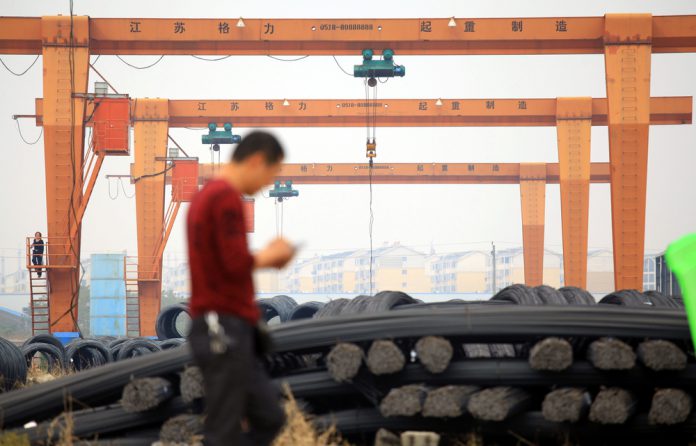
The US dollar moved higher on Friday, ahead of Donald Trump’s inauguration speech
The dollar has had a volatile week so far, as the markets struggle to deal with uncertainty over Donals Trump’s economic policy. The currency is down 1.3 percent so far this month as investors hedge their bets as to where Trumponomics will take the dollar.
Trump’s nominee for Treasury secretary Steven Mnuchin provided some clarification on Thursday, telling the Senate Finance Committee that the new administration prefers a strong dollar long term.
At his confirmation hearing, he said the strength of the dollar was ‘important’ and that the debt ceiling should be raised ‘sooner rather than later.’
“What is clear is that the risks from Trump are not as one-sided as the market has been playing so far, particularly when you look at the protectionist plans,” said Thu Lan Nguyen, a currency strategist with Commerzbank told Reuters.
“We are moderately bullish on the dollar but we are not looking for as much appreciation as we have seen in the last few years… maybe a 3 percent rise in the DXY this year.”
The dollar is up 0.317 percent against the pound at 1454GMT.
China sees slowest economic growth since 1990
Official economic data from China added to the plethora of market news today, showing that the Chinese economy grew just 6.7 percent in 2016.
This is down from 2015’s figure of 6.9 percent, but remains in line with Bejing’s forecast of between 6.5 and 7 percent.
The recorded rate is the weakest in nearly 20 years, adding to evidence of a major slowdown in the Chinese economy. There has been speculation that China’s economic performance is weaker than the official data suggests, especially in the wake of an admission by the governor of Liaoning, Chen Qiufa, that his province had been “involved in a large-scale financial deception” between 2011 and 2014.
